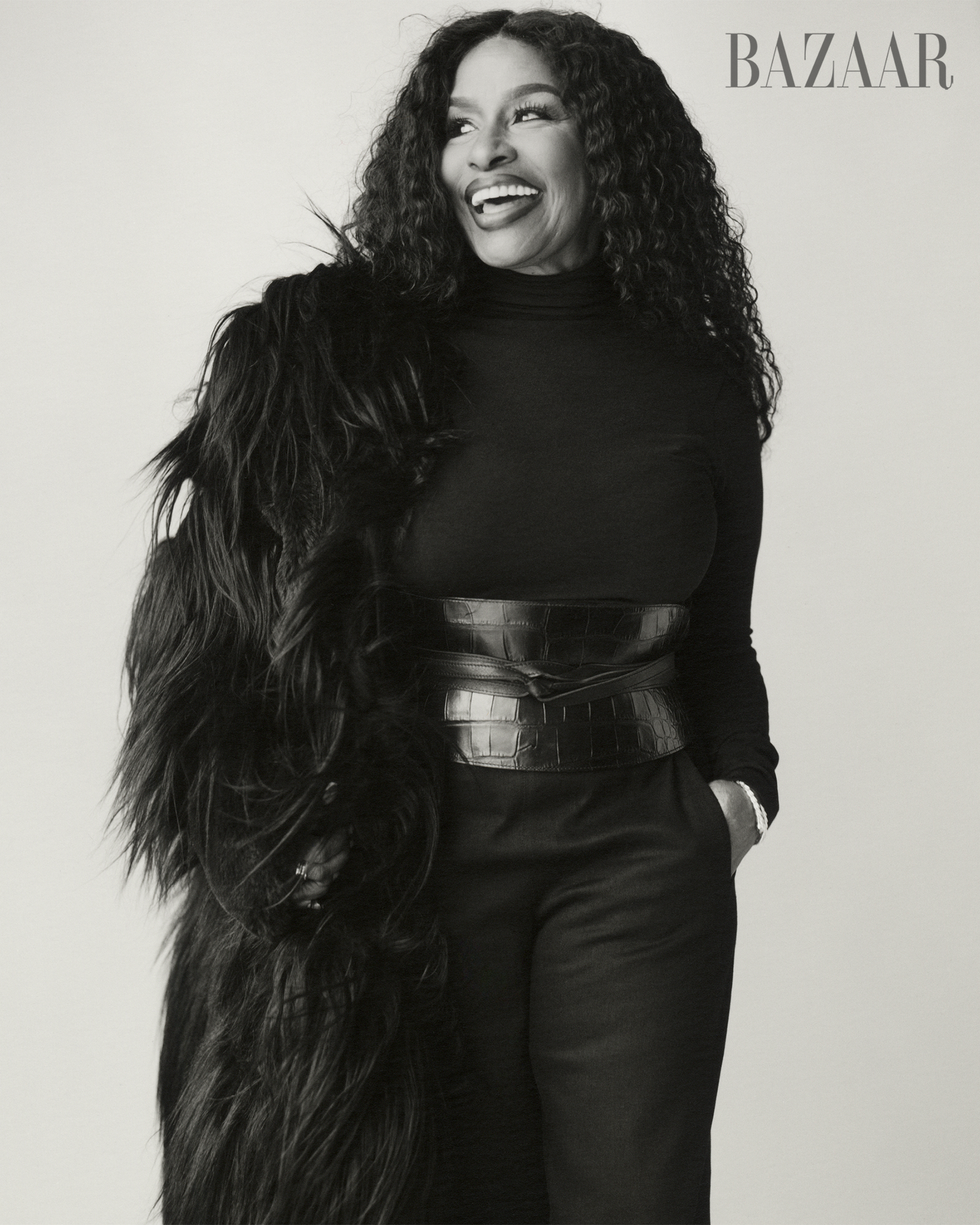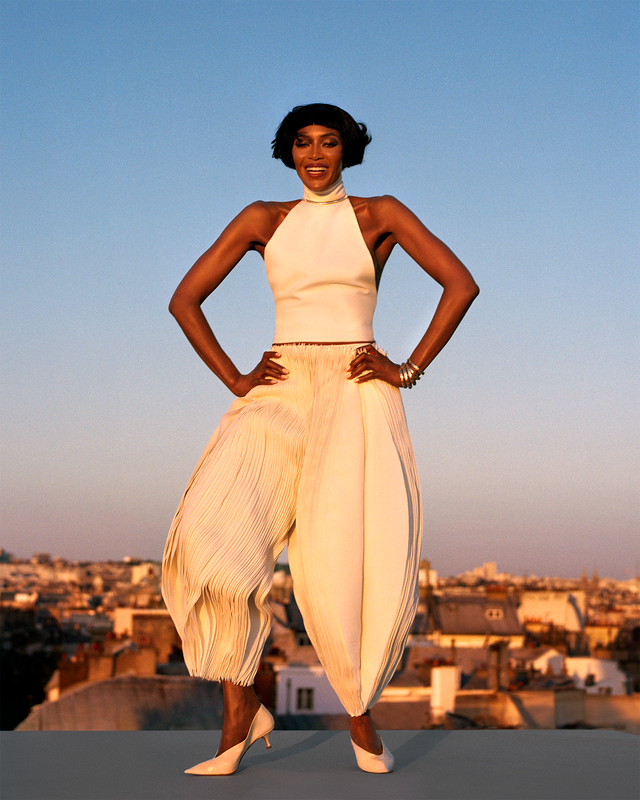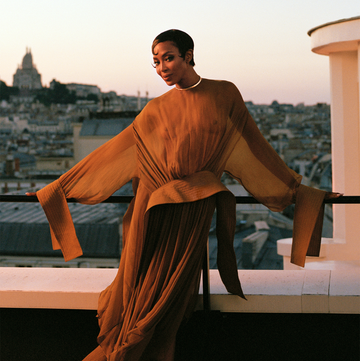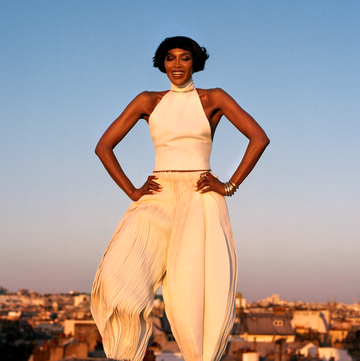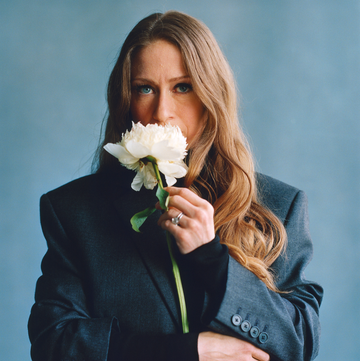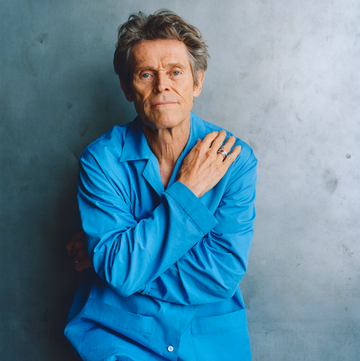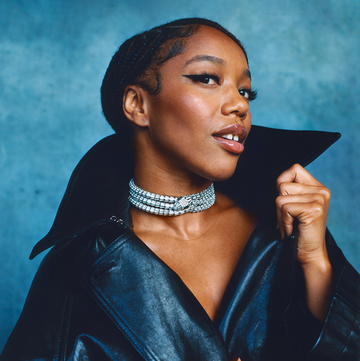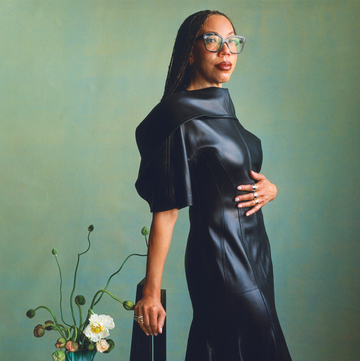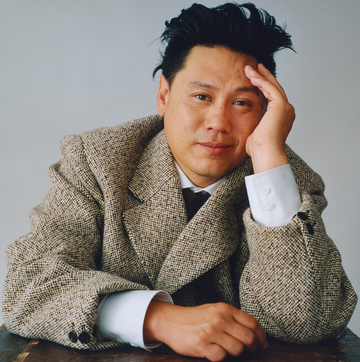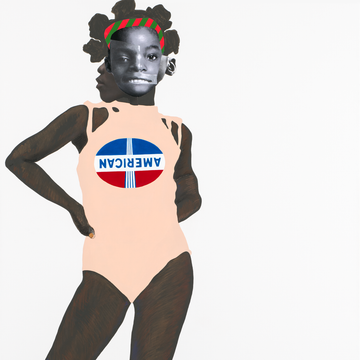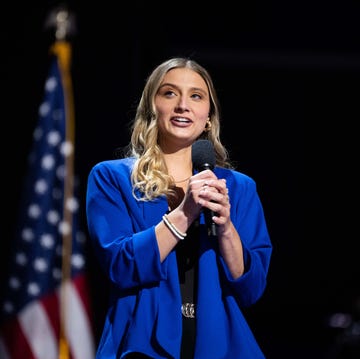A little-known fact: The name Chaka was given to a young Yvette Marie Stevens at the age of 13 by a Yoruba priest, and translated it means woman of fire. The moniker seems to eerily predate one of the singer’s biggest hits, 1984’s “Through the Fire,” and perfectly encapsulates the life and voice of Chaka Khan, one of the world’s most enduring musical icons. Ferocious, wild, and free, she’s come back from the depths of addiction and lived in Germany, Switzerland, Los Angeles, Chicago, and London—all while recording 22 studio albums and winning 10 Grammys. Khan can lay claim to forays into theater and collaborations with Prince, Stevie Wonder, Joni Mitchell, and Quincy Jones. “I can do anything,” she says defiantly. “I could sing Chinese folk music if I got the pronunciation right.”
Though she is best known as the Queen of Funk, Khan has never been comfortable with the nickname. “I sort of resented being called that,” she says, noting that funk music is just one of her many creative talents. “I was multicolored all the way. I was a multi person. I was not ever fixed.”
When you think back, she’s got a point. Evolution and variety have always been Khan’s MO. To put a voice so singular into a box seems an underestimation of someone who has always surpassed the boxes she’s been put in. Khan’s is a voice that crescendos from a sexy growl to a full-blown mezzo-soprano, that feels comfortable crooning sweet rhythm and blues, riffing rock and roll, harmonizing over a scatty jazz melody, and even performing pop with Sia. (A collaborative album is coming in 2025.)
It’s no wonder Khan’s celebrating 50 years in the music industry and in 2023 celebrated a well-deserved (and long overdue) induction into the Rock & Roll Hall of Fame—although she would rather not look back and instead wants to forge forward. “I’m not nostalgic at all. I’m just busy with my life, and suddenly I’ve been doing it for 50 years,” she says. “I’m not counting. I’m just living every day like everybody else, so I’m surprised when birthdays come up. I’m like, ‘Oh, wow, tempus fugit,’ and I keep it moving.” Khan says, laughing. “I’m really a next person.”
Indeed, Khan is just as busy as ever. For this piece, she spoke to Bazaar on a tour stop in Norway, and in June she served as the curator of the annual Meltdown festival in London’s Southbank Centre. (Previous curators include Grace Jones, Nile Rodgers, Yoko Ono, and Patti Smith.) The festival spotlighted artists chosen by Khan for a dazzling 10 days of performances. “I knew the festival was great and that incredible people had participated in it in the past,” she says. “I asked around about what artists were really loved by the community that we were serving, and we made the whole thing about community and young people.”
In June, there was also her viral Tiny Desk Concert on NPR, a 34-minute journey through some of her biggest hits that, despite being written in the ’70s and ’80s, were furiously plastered over 2024’s TikTok. “The beautiful thing is throughout my career, I’ve always had a lot of love. That has been maybe the high point of what I do: the love that I receive from people,” says Khan. “To see now how the daughters and the granddaughters and the grandsons of people who grew up with me are now into me, that’s really special to me. It’s always been a lovefest with my audience and myself, and it still is.”
Of her larger legacy, Khan says, “I can only pray or hope that it will be a good and loving, positive one, one that has brought joy and some enrichment to somebody’s life, that has been of some help to someone in some way, in a good way. That’s all I can ask. I can just pray that when it’s over, I’ve done good by as many people as possible.”
Hair: Ali Pirzadeh for Björn Axén; makeup: Bea Sweet for Charlotte Tilbury; manicures: Julia Babbage; production: Block Productions; set design: Thomas Bird.






